Genetic Testing for Hereditary Cancer
It is estimated that 5-10% of all cancer is hereditary – that is, those who have the gene mutations that cause these cancers were born with them. Early detection is a key factor in reducing risk in those who are predisposed to hereditary cancers.
In addition to our Genetic Testing for Breast Cancer, we are now offering screening for hereditary prostate cancer and other cancers including ovarian, colorectal, uterine, stomach, pancreatic and melanoma, to anyone who is concerned that their personal or family history creates an increased risk of genetic mutations that can cause hereditary cancers.
This screening gives clinicians a clearer, more precise way to identify and manage hereditary cancers. It also gives patients information they need to become more active partners in their own care. For example, if a man were shown to have an increased risk for prostate cancer it would allow him to:
- Modify the frequency and initial age of initial prostate cancer screenings.
- Identify at-risk family members.
- Consider risk-reducing measures for themselves and other family members.
- Tailor treatment specific to their mutation.
You may want to consider genetic testing if you fit any of these criteria:
- Early-onset prostate cancer (diagnosed <50 years of age)
- Metastatic prostate cancer at any age
- Multiple primary cancers in one person (e.g. prostate and male breast cancer)
- Personal history of prostate cancer and >1 family members* with breast cancer (<50 years of age) and/or invasive ovarian cancer
- Personal history of prostate cancer and >2 family members* with breast, pancreatic, or prostate cancer
*On the same side of the family
Ambry Genetics is in-network with the majority of health insurance providers. In order to provide genetic testing that is both affordable and accessible, Ambry also offers low self-pay options and has a robust financial assistance program. Family members of patients who test positive for a mutation in a cancer predisposition gene can have genetic testing for that mutation free of charge for 90 days following the relative’s test report.




